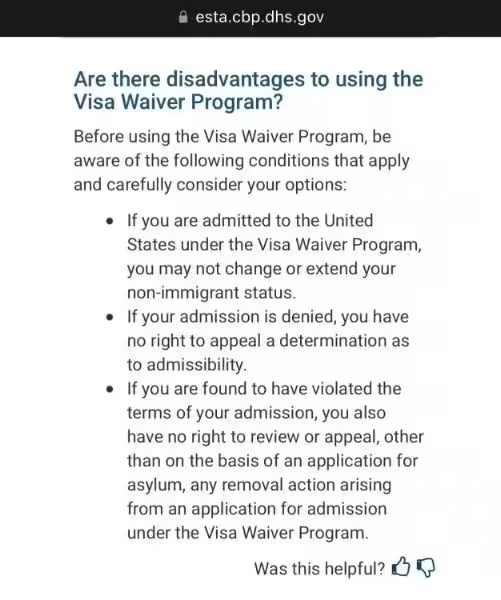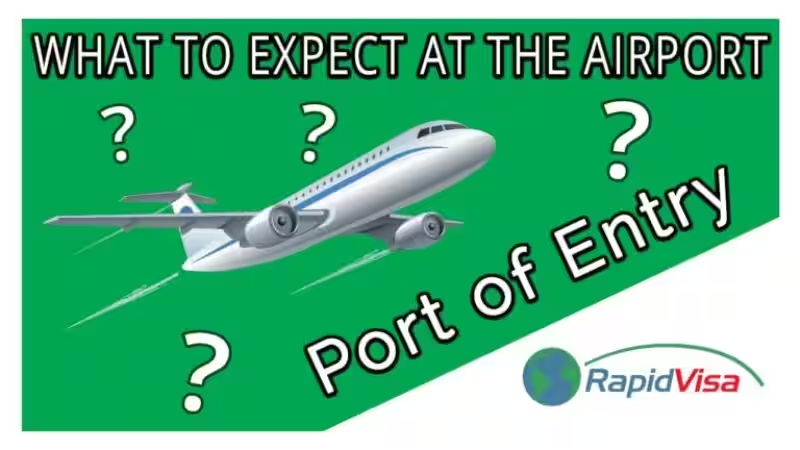Canadian Citizen Marrying US Citizen: Navigating the Immigration Maze

Getting married is a joyous occasion, but when a Canadian citizen marries a US citizen, the path to a shared future can become unexpectedly complex. The process of navigating US immigration laws can feel overwhelming, especially for those unfamiliar with the intricacies of visa requirements and legal procedures. This article aims to clarify some common questions and concerns surrounding a Canadian citizen marrying a US citizen.
Understanding Visa Options: B-2 vs. K-1
A common question arises regarding the appropriate visa for a Canadian citizen planning to marry a US citizen. The answer depends heavily on the couple’s intentions.
If a Canadian intends to marry their US partner and return to Canada, a B-2 tourist visa might suffice. This visa allows entry for tourism, business, or pleasure. Activities like meeting family, becoming engaged, and wedding planning are generally permissible under a B-2 visa. However, it’s crucial to emphasize that the intent upon entry must be temporary. Entering with the intention of remaining permanently in the US after marriage constitutes visa fraud, a serious offense with potentially severe consequences.
For Canadians planning to marry a US citizen or lawful permanent resident (LPR) and remain in the United States, the K-1 fiancé(e) visa is the recommended route. This visa is specifically designed for this situation. It allows the Canadian citizen to enter the US, marry their partner within 90 days, and then apply for a green card through adjustment of status. This process significantly streamlines the path to permanent residency.
Marrying a Non-Immigrant Visa Holder
The situation becomes more nuanced when the US partner holds a non-immigrant visa, such as an F-1 student visa, H-1B work visa, or L-1 intracompany transferee visa. In these cases, a B-2 visa might be granted for the marriage itself, allowing the Canadian citizen to attend the ceremony. However, the Canadian spouse would then need to either depart the US and apply for a derivative visa (e.g., F-2, H-4, L-2) from Canada or apply for a change of status within the US. The change of status option is often time-consuming and requires approval from US Citizenship and Immigration Services (USCIS). A B-2 visa is definitively unsuitable if the long-term goal is permanent residency in the US in a derivative status.
The Critical 90-Day Rule
A crucial aspect to understand is the 90-day rule. If a Canadian citizen marries a US citizen and applies for a green card within 90 days of entering the US on a visitor visa (like a B-2), USCIS presumes misrepresentation of intent, raising significant concerns about visa fraud. While marriages and green card applications after 90 days are less suspicious, each case is evaluated individually. This highlights the importance of meticulous planning and adherence to the correct visa procedures.
Proxy Marriages and Other Considerations
Proxy marriages, where one or both spouses are absent during the ceremony, are recognized for immigration purposes only after the marriage is consummated – meaning the couple lives together. A Canadian spouse in a proxy marriage may obtain a B-2 visa to join their non-immigrant spouse in the US, but subsequent application for a change of status will be necessary.
Choosing the correct visa process is paramount. A Canadian citizen marrying a US citizen needs to carefully consider their intentions and choose the visa application that aligns with their plans. Failing to do so could lead to delays, denials, and even legal repercussions.
Seeking Professional Guidance
Given the complexities of US immigration law, seeking advice from an experienced US immigration attorney is strongly recommended. An attorney can provide personalized guidance, ensuring that the correct forms are completed accurately and that the appropriate legal pathway is followed. Navigating this process with professional help significantly increases the chances of a successful outcome and minimizes the risk of potential complications. The peace of mind provided by expert legal counsel is invaluable during this significant life event. The process of a Canadian citizen marrying a US citizen, while filled with joy and excitement, requires careful consideration of legal implications to ensure a smooth and successful transition to a shared life in the United States.
Frequently Asked Questions: Canadian Citizens Marrying U.S. Citizens
Here are some frequently asked questions regarding a Canadian citizen marrying a U.S. citizen:
Can a Canadian citizen marry a U.S. citizen while in the U.S. on a visitor visa?
Yes, a Canadian citizen can legally marry a U.S. citizen while in the U.S. on a B-2 visitor visa or visa-free under the Visa Waiver Program. However, their immigration status after the marriage depends entirely on their stated intent upon entry to the U.S. It’s crucial to understand that entering the U.S. with the intention of remaining permanently after marriage, even if that intention develops later, constitutes visa fraud.
What visa should I use if I plan to marry a U.S. citizen and return to Canada?
If your intention is to marry a U.S. citizen and return to Canada, a B-2 visitor visa may be sufficient. This visa allows for activities like meeting family, planning the wedding, and maintaining the relationship. However, you must clearly demonstrate your intention to return to Canada upon entry and throughout your stay.
What visa should I use if I plan to marry a U.S. citizen and remain in the U.S.?
If you intend to marry a U.S. citizen and remain in the U.S. permanently, the K-1 fiancé(e) visa is the appropriate and recommended route. This visa allows entry to the U.S., marriage within 90 days, and subsequent application for a green card through adjustment of status. Using a B-2 visa in this scenario is considered visa fraud.
What if I marry a U.S. citizen who is not a citizen but holds a non-immigrant visa?
Marrying a U.S. non-immigrant visa holder (such as an F-1 student, H-1B worker, or L-1 transferee) presents a more complex situation. A B-2 visa might allow you to attend the wedding, but afterward you would need to either depart the U.S. and apply for a derivative visa from Canada (e.g., F-2, H-4, L-2) or apply for a change of status within the U.S. The change of status process is lengthy and requires USCIS approval. A B-2 visa is not suitable if your intention is to obtain permanent residency in the U.S. through a derivative status.
What is the significance of the 90-day rule?
The 90-day rule is extremely important. If you marry a U.S. citizen and apply for a green card within 90 days of entering the U.S. on a visitor visa, U.S. Citizenship and Immigration Services (USCIS) will likely presume misrepresentation of intent, raising serious concerns about visa fraud. While marriages and green card applications after 90 days are less suspect, each case is individually assessed.
What about proxy marriages?
Proxy marriages, where one or both spouses are absent during the ceremony, are only recognized for immigration purposes after the marriage is consummated (meaning the couple lives together). A Canadian spouse in a proxy marriage may obtain a B-2 visa to join their spouse in the U.S., but they must subsequently apply for a change of status.
Should I seek legal advice?
Yes, strongly recommended. The immigration implications of a Canadian citizen marrying a U.S. citizen are complex. Seeking advice from an experienced U.S. immigration attorney is crucial to ensure compliance with U.S. immigration law and to avoid potential legal complications. Clearly stating your intent, choosing the correct visa, and understanding the 90-day rule are vital, but professional legal guidance will help navigate these complexities effectively.








